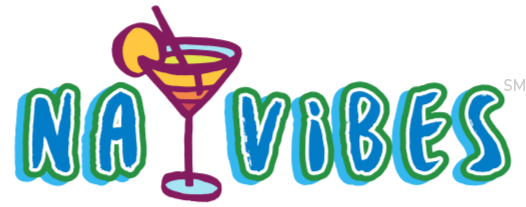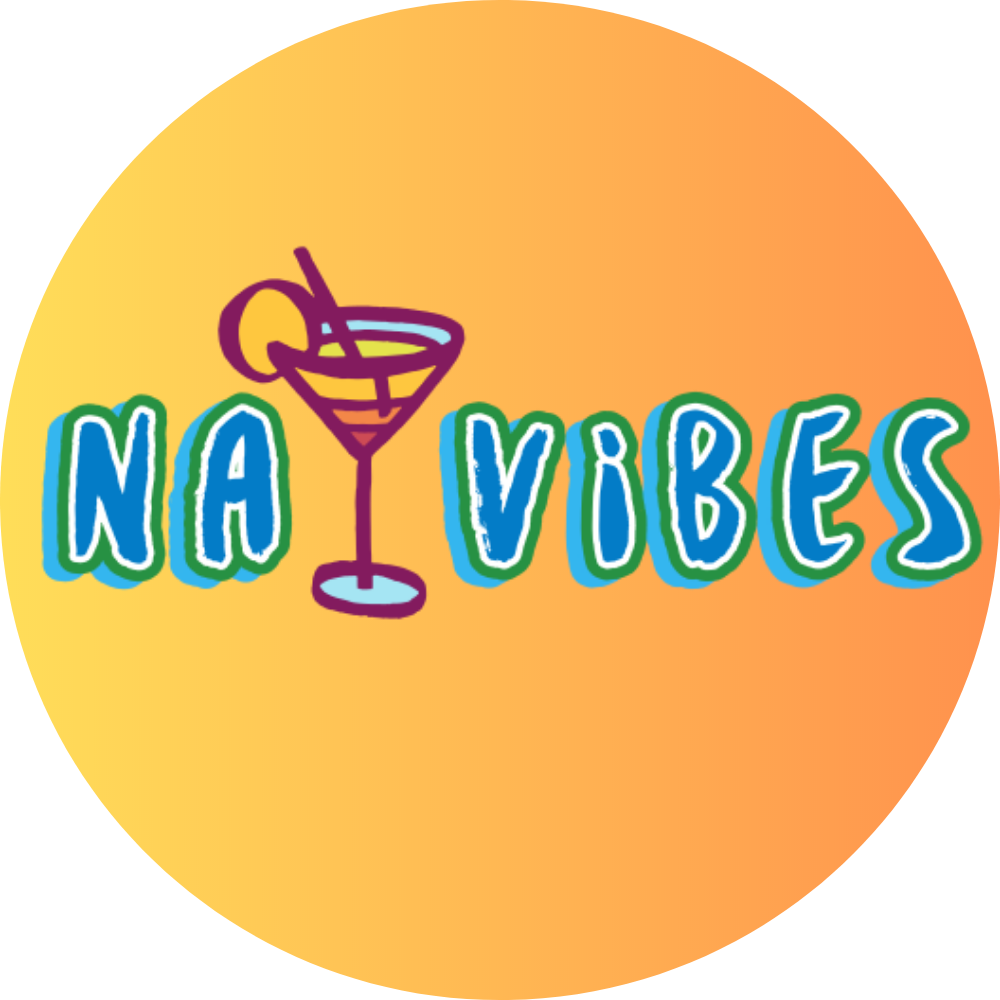A golden age for nonalcoholic beers, wines and spirits
- Trish Silverman
- Jan 4, 2023
- 2 min read
By Greg Rosalsky for NPR | January 3, 2023

Cans of beer are packed at Athletic Brewing's nonalcoholic brewery and production plant in Stratford, Conn., in 2019.
Craft nonalcoholic IPAs. Kentucky 74 spiritless bourbon. Monday Zero Alcohol Gin. Luminara alcohol-removed chardonnay. Zero-proof margaritas.
It doesn't seem that long ago when O'Doul's, a stodgy nonalcoholic beer, was basically the only buzz-free game in town. But now, if you like the taste of alcoholic drinks but don't like the effects of alcohol, you're living in a golden age.
The business of nonalcoholic beer, wine and spirits is booming. In the last year, "more than 70 new items have been launched in this space as consumers seek out health and wellness alternatives in their drinking routines," says Kaleigh Theriault, a representative from NielsenIQ, a data analytics company.
NielsenIQ's data shows the market for nonalcoholic beer, wine and spirits grew more than 20% last year — and more than 120% over the last three years. The market now sees almost $400 million in annual sales. Compared to the roughly $200 billion market for stuff that can get you drunk, that's, of course, peanuts: nonalcoholic alternatives are only about 0.47% of the alcohol market. But alcohol companies, entrepreneurs and an increasingly long list of celebrities clearly see much more room for growth.
Over the last couple years, Katy Perry launched De Soi, a nonalcoholic sparkling apéritif; supermodel Bella Hadid co-founded Kin Euphorics, which offers nonalcoholic drinks like Dream Light, "infused with adaptogens, nootropics, and botanics like Reishi Mushroom, Melatonin, and L-Tryptophan"; and NFL defensive end J.J. Watt and chef David Chang invested in Athletic Brewing Co., a nonalcoholic craft brewery.
Budweiser recently used the World Cup (hosted by anti-alcohol Qatar) to promote Budweiser Zero, which, as the name suggests, has zero alcohol.

A Brazil fan points to "zero" on the Budweiser cup prior to the FIFA World Cup Qatar 2022 Group G match between Brazil and Serbia at Lusail Stadium in Lusail City, Qatar. Justin Setterfield/Getty Images
Megan Klein, an entrepreneur in the nonalcoholic booze market, toldMarketplace last year that she sees this consumer trend — sometimes called the "sober curious" movement — as one part of a growing "anxiety economy."




Comentarios